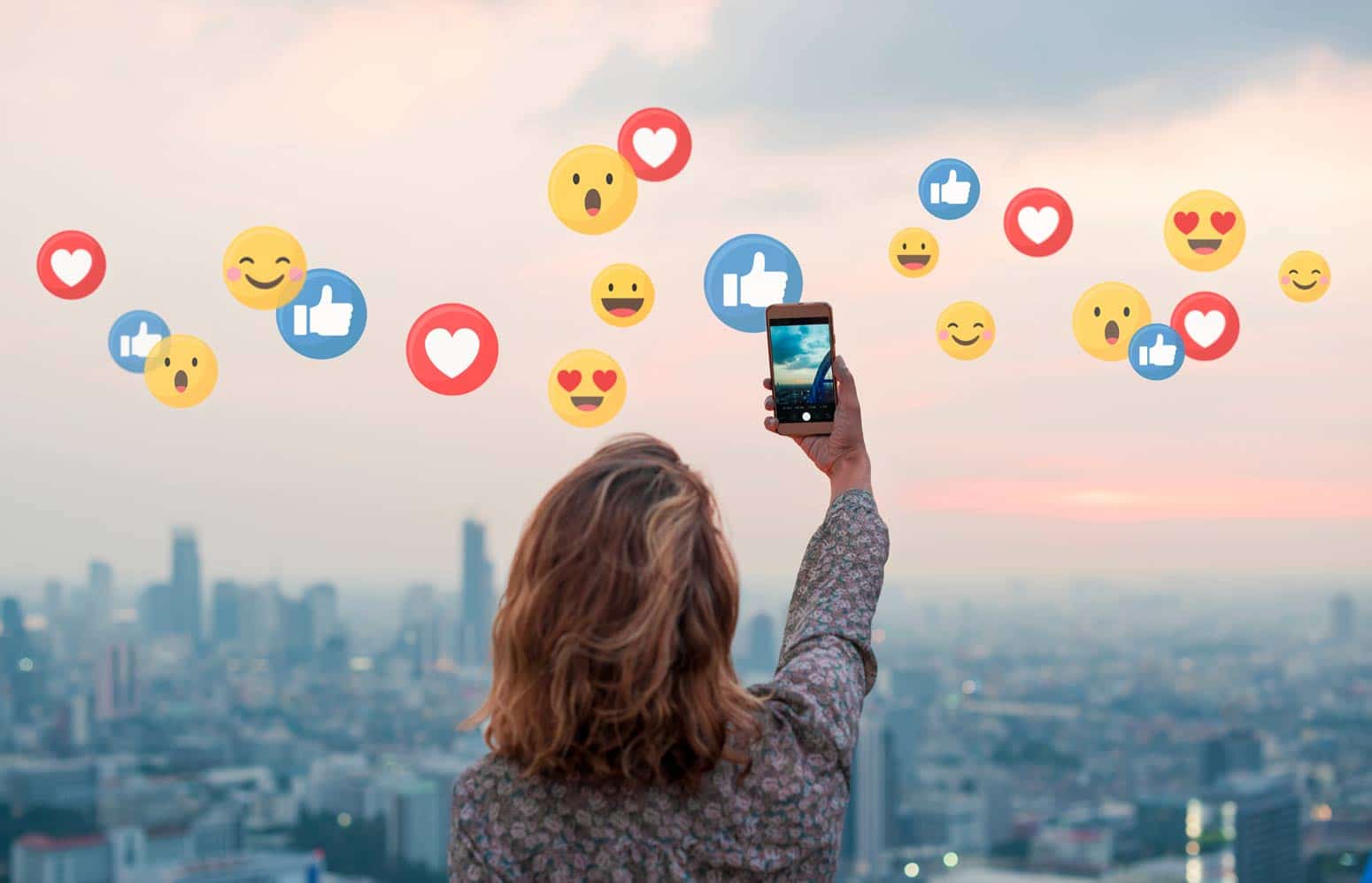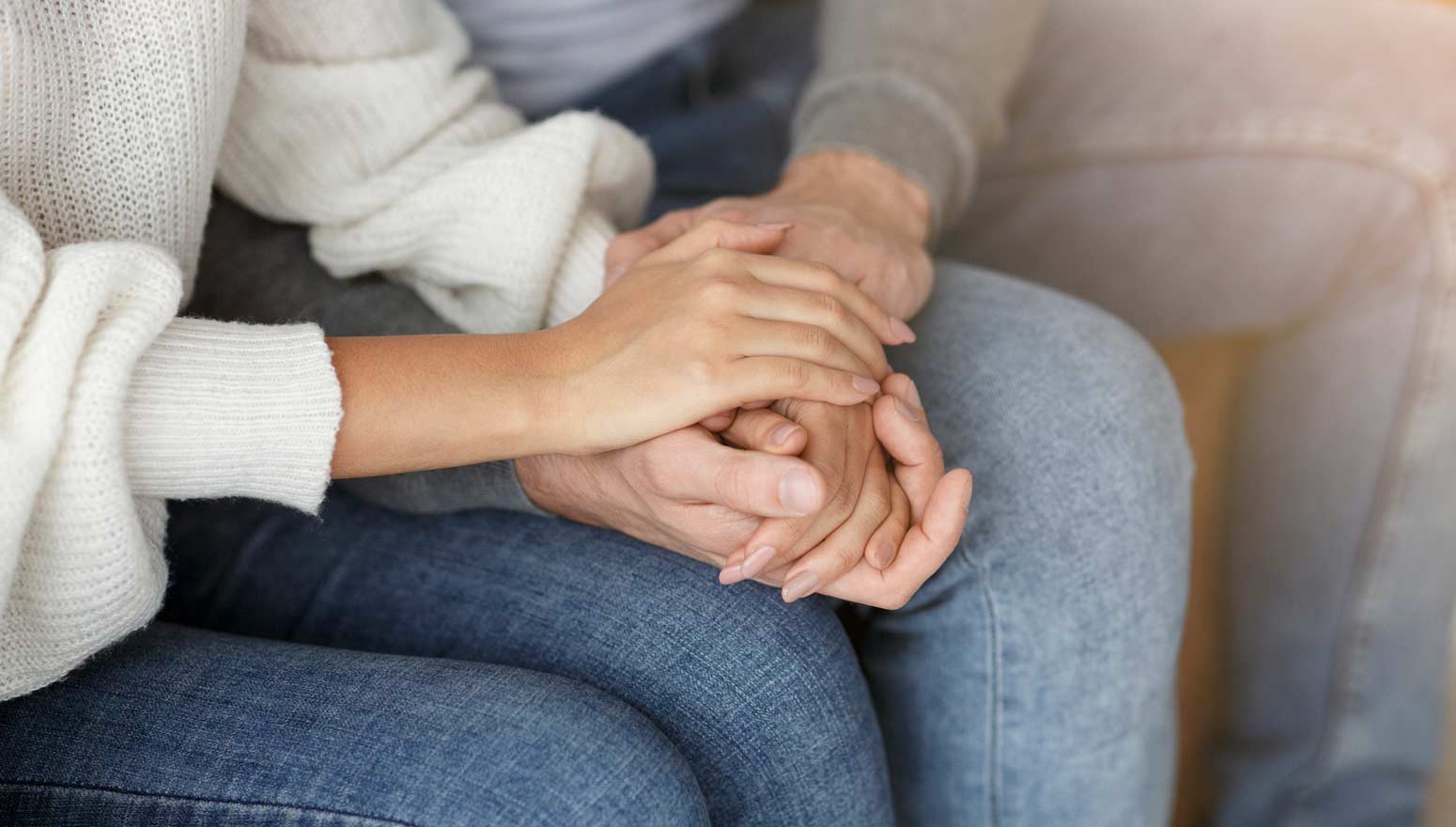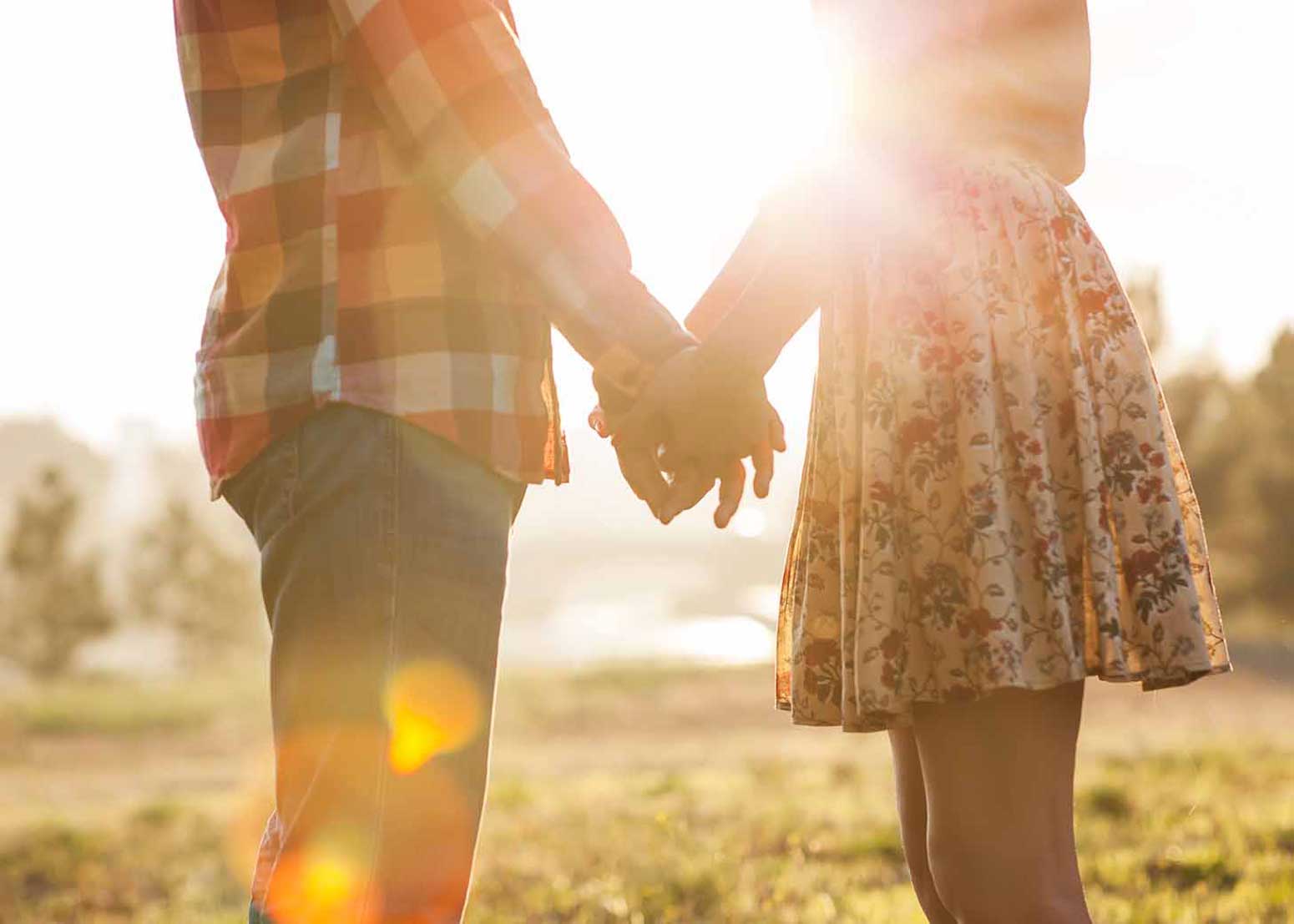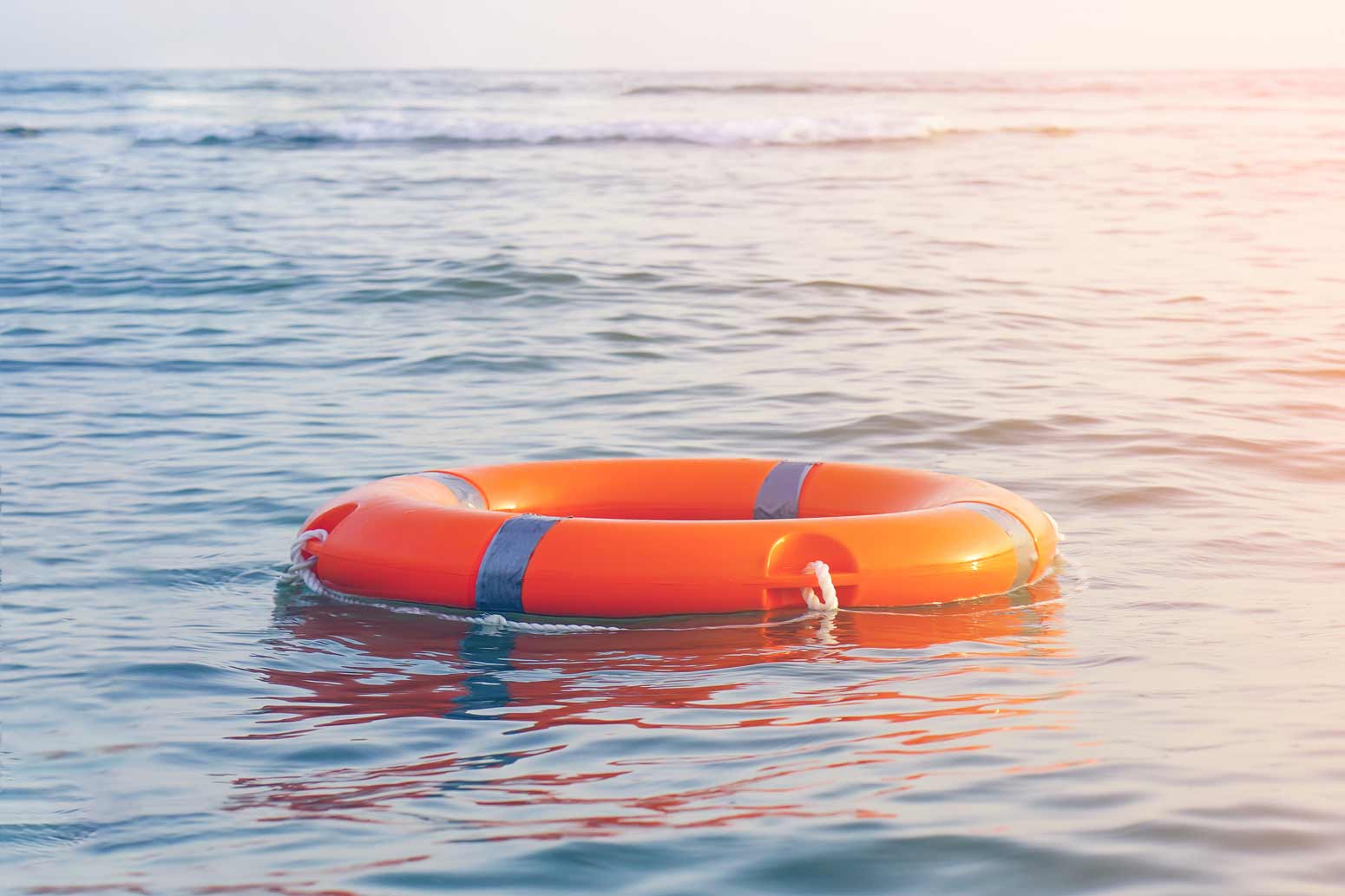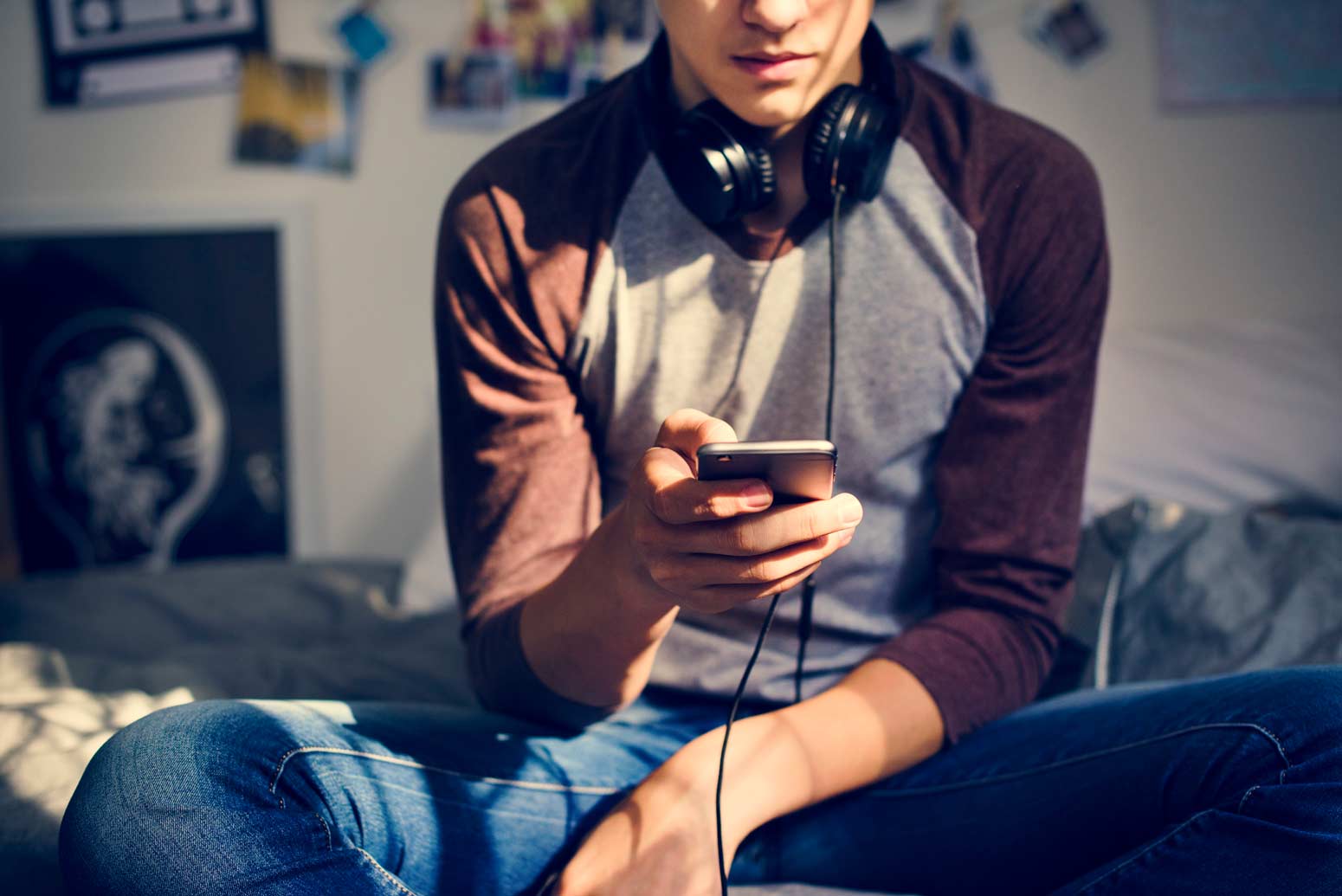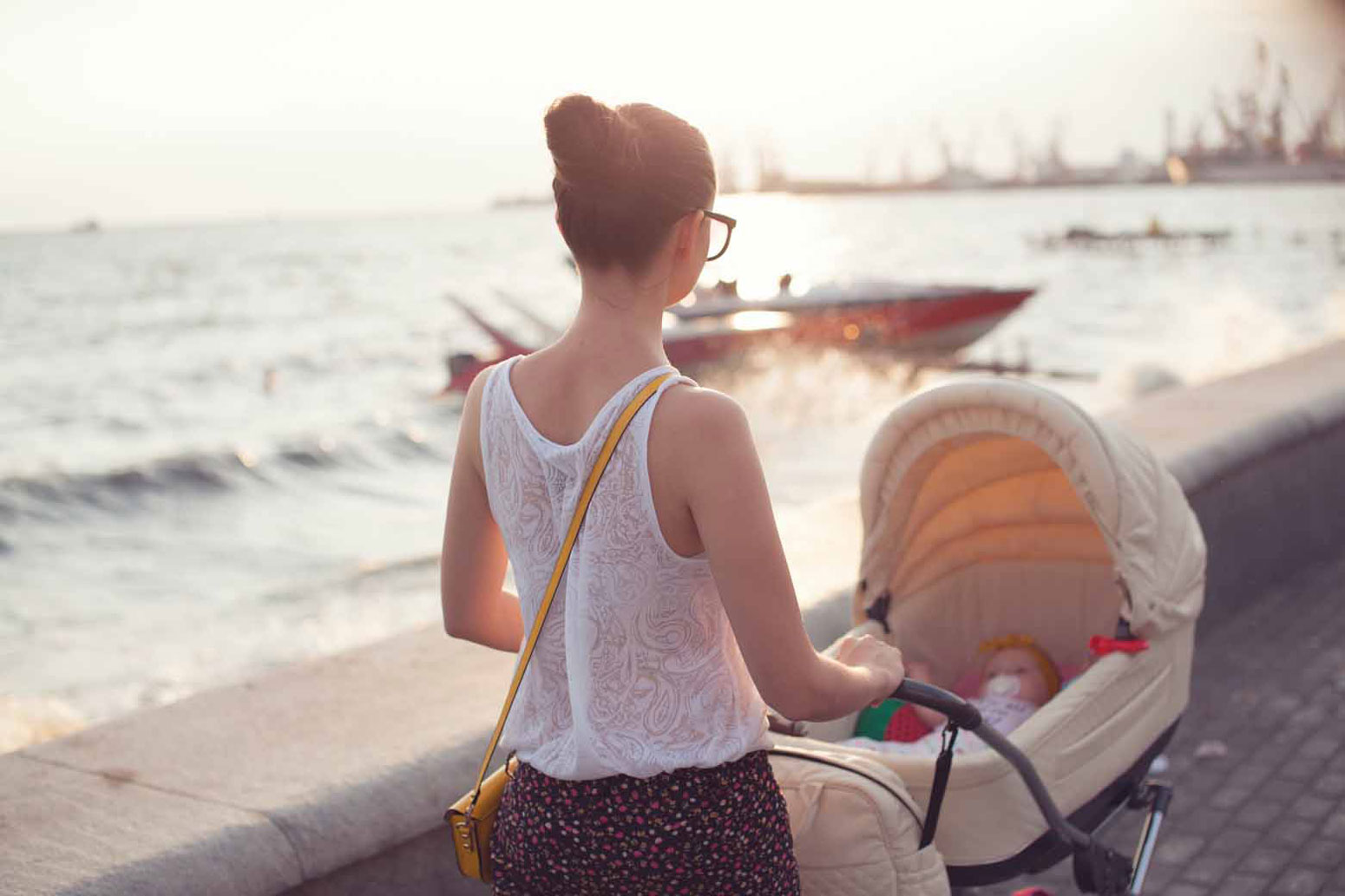Social media is the new street. It’s the “mall” for Generation Z, the “park” for Millennials. It’s the new place where people go to connect, consume content, and build community. Connecting online gives us a sense of security. We can experience the world while never leaving the safety of our homes.
But do you realize that while you might be snuggled up safely in your bed, your online presence can actually be putting you in danger?
That’s not to say social media is bad, but we fail to realize the effect some of our actions may have. We still feel safe, so it doesn’t seem like anything could be wrong.
You may remember when you were younger, all the rules you had for playing outside. Don’t play in the street. Don’t talk to strangers. Come back before dark.
Those rules were not there because your street was littered with strangers wanting to snatch up kids. Those rules were there to help you stay safe so, just in case, some kid-snatching stranger wandered up, you would have an idea of what to do.
We’ve failed to use that same caution when it comes to social media. We don’t realize that going online is essentially the same as taking a walk down the street. It doesn’t feel this way, but we hold the street in our hands now.
And now the stakes are higher because ill-intended people don’t have to follow us home; we let them in. They don’t have to stalk us; we give them our information, sometimes unknowingly.
Do you realize that while you might be snuggled up safely in your bed, your online presence can actually be putting you in danger?
But just a few simple steps can help keep you safe online.
1. Stop Oversharing
There are a few kinds of social media users, but we all know that one who essentially lives her life online. Everything she eats is Instagrammed. Everywhere she goes she shares on Facebook. Everything she thinks is Tweeted. You don’t have to call and ask how she’s doing. You just need to “stalk” her online.
Yes, it is possible for you to overshare your life on social media. Some of us treat it like a digital diary, sharing our thoughts with no one and yet everyone at the same time.
This is dangerous because it not only provides unfriendly people with unnecessary information, it also tricks you into a false sense of connection. You run the risk of believing that the people online “care” about you more than your real life family and friends. At least the people online listen. At least they let you talk.
You think that, but more than likely, they’re just quickly swiping up, right past your bleeding heart there on the page.
Instead of sharing your entire vacation with your whole friends’ list, call up a friend and tell her in person all about your trip. Instead of posting pictures of the kids online, print off the photos or make a photo book and send them to Grandma. She doesn’t use social media anyway.
Before you share something online, ask yourself, “Why am I sharing this?” Is it just because you feel you need to? Is it because it’s faster to get the information to your 100 friends than calling all 100 of them? Check your reason and then ask if you’re sharing too much. If so, then call a friend and connect (or vent) first before putting everything out online.
2. Location, Location, Location
Remember how we talked about how being online feels safe because your environment (home in your room, on the bus, etc.) feels safe? Well, the same is true for people who might hurt you. They get to “stalk” you without ever leaving the comforts of their home.
Turn off your location settings on your camera! Did you know that the data stored in a picture can tell people exactly where you are and when? Look up how to change that setting in your specific model of phone.
3. Lay off the Live Posts
When I am at an event speaking, I will delay my social media posting by a few minutes. I might take a picture from a certain angle. Then, I will walk to the opposite side of the room. After standing there in the new place a bit, I will post the picture I took from my previous spot.
Very few things are so important that you have to share them the exact second they occur. I have several friends who, when their children were born, they waited a while to announce it. This was extra “protection” in the sense that it gave the parents a bit of relief before they had to start fielding questions.
Very few things are so important that you have to share them the exact second they occur.
4. Don’t Be Afraid to Block People
Stand up for yourself. If you have someone harassing you online, report it and block them. You can do that, and you do not need to explain yourself.
5. Don’t Talk to Strangers
A great rule of thumb is to choose not to get into debates or discussions with people you don’t know in real life. It can seem awkward and almost pompous to say it at first, but you are helping to protect your heart and mind and, in extreme cases, perhaps your body and life.
So many cases of exploitation could be avoided by following this one rule. If you’re approached by a stranger online, either ignore them or go to great lengths to vet them. Don’t take them at their word that they are who they say they are. Hunt down at least three other sources of identity.
Treat talking with strangers online precisely as you would treat strangers in the park. Don’t give out personal information like address or place of employment. Make sure your account setting is set to private so that strangers don’t get free access to your life.
Is everyone on social media dangerous? Of course not, but remember, these are the new streets, and you can never be too careful.
—
Don’t miss our recent podcast, Single? How to Thrive in the Online Dating World with Kristin Fry – 037!
You’ll also like Is Your Social Media Promoting You to Potential Employers?, 10 Things You Need to Know Before You Try Online Dating, What This Lawyer Thinks Every Woman Should Know, Fortnite: How to Strike a Balance with Your Kids, and 3 Reasons To Give Your Man For Your Netflix Binge.


